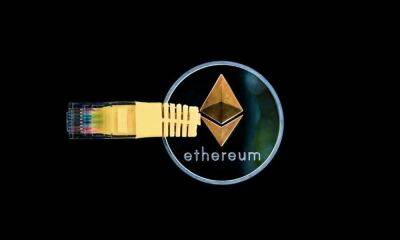The Ethereum blockchain’s first interface announces wallet extension release
As use cases for blockchain technology increase, the number of related projects and associated cryptocurrencies are becoming more abundant too. While this may sound like momentum toward a future governed by user autonomy, it is not without concern in today's Web3 landscape.
As more blockchain ecosystems emerge, the challenge of navigating them becomes increasingly complex — one has to jump between multiple wallets, bridges and exchanges. Seemingly, the answer is straightforward: Turn the difficulty into simplicity by condensing a multi-faceted, several-step process into a single entry point to buy, exchange and swap assets regardless of the ecosystem. An example is a mobile app or browser extension with the ability to provide cryptocurrency wallet functionality for any Ethereum-compatible blockchain.
The caveat is that this is only a solution to a symptom of a larger problem to address third-party reliance. Consider that with only one or two solutions currently available to navigate the complex cryptocurrency landscape, some level of monopolization and, therefore, reliance will naturally occur. To put it in layman's terms, if only one platform offered an improved user experience and this platform was to go down, so too do the mass of users that rely on it. Consequently, the concern for many is how more user-friendly solutions will be made available to a growing market.
Enkrypt, created by MyEtherWallet (MEW), aims to address this problem. Originally recognized as the first-ever wallet interface for Ethereum, the team has since focused its aim to address this new concern in the market by partnering with Polkadot to build its own Web3-compatible wallet extension, released under the name Enkrypt.
In response to this mission,
Read more on cointelegraph.com

















